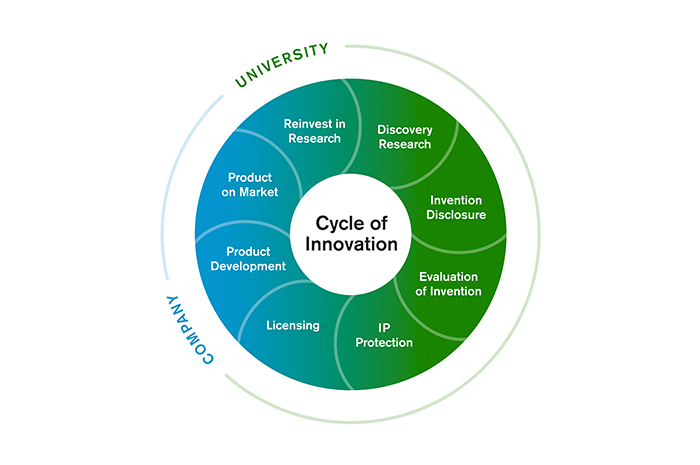Translational Research Ecosystem
The translation of scientific discoveries into novel diagnostics and therapeutics to prevent and treat disease lies at the heart of Rockefeller’s mission—Science for the benefit of humanity.
More than a decade ago, the university recognized the importance of developing and expanding internal resources that would help scientists pursue the clinical potential of their basic research. The challenge was to develop programs that respected the innovation at the heart of Rockefeller science while introducing new mechanisms to expand its translational range.
The university’s “translational research ecosystem” ensures that Rockefeller investigators have the funding, scientific resources, and entrepreneurial programming to take their discoveries from the bench to the clinic. This includes resources and expertise in the university’s hospital, as well as a first-of-its-kind drug and diagnostics discovery program.
Rockefeller’s therapeutic development pipeline currently encompasses efforts to design and test novel drugs for the treatment of heart attack, cancer, infections, autoimmunity, and neurological disorders. These clinically focused initiatives, which grew from basic research, have introduced original ways of thinking about the causes of disease.


